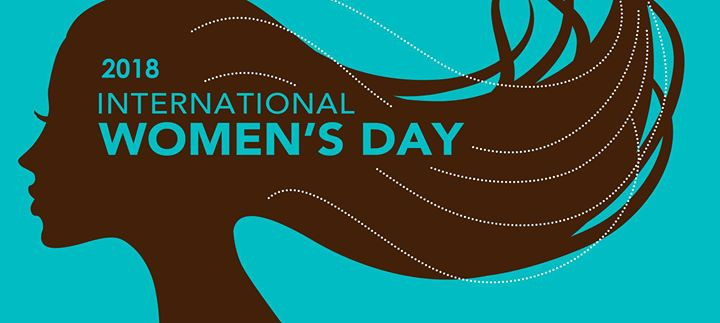Why 2018 is a pivotal year for rebalancing gender equality in the gaming sector
There is not a single reason that anyone should be objectified sexually in a professional business setting in the 21st century.

What a difference a month makes. Today we celebrate International Women's Day 2018 and the oft' overlooked or forgotten contribution of women in society, history, business, art and culture. This is a far cry from my reality exactly one month ago, when I attended ICE 2018, the UK's premier event for the gaming and iGaming industry. At the show, a small but noticeable minority of stands used scantily clad 'booth babes' and models for the sake of catching the attention of the predominantly male audience – one company even employed a stripper pole.
There is not a single reason that anyone should be objectified sexually in a professional business setting in the 21<sup>st century. This being a business-to-business networking event in East London in 2018, it was a stark reminder of how far we are from genuine gender equality in the gaming sector. It was especially disappointing because events such as ICE are often new employees' first glimpse of the wider industry, and as such they have a duty to be a positive experience for all.
However, I am confident of the industry's ability to implement change, not least because of the many improvements I have seen in the last ten years, but also the response of other attendees since the show. It makes it clear to me that the companies willing to employ these tactics are an unwelcome minority. We have also opened a dialogue with ICE's organisers who have been very receptive to our feedback and seem keen to affect positive change.
As to how the industry goes about the task at hand is a challenge bigger than any one event or issue. Indeed, there are numerous systemic issues in gaming which allows for inequality to flourish. If we don't start fixing them now, we risk talented young women leaving for industries that make equality and inclusivity a priority.
The need for more senior women in gaming
The main inequality I have seen whilst formally working in the gaming space is lack of senior women. Generally speaking, women are well represented at entry level, although there are still more men than women. However, when looking further up the career ladder you notice that the numbers skyrocket towards a male positive.
Gaming companies urgently need to move more women to middle and senior management, where there is a dearth of gender equality. That way, when director, executive and board level positions open, there is stronger pool of candidates of both gender. Currently, when businesses in the sector look to recruit for senior roles, there is a danger that they look through the same pool of senior men from other companies to fill the vacancy. Unless women move up through their own companies, this situation cannot change.
All companies should review the issue of gender across all grades, to make sure male and female performance, opportunity, pay and happiness are in sync. This entails a number of practical steps which have proven to create real and lasting change in other industries, such as finance. Annual performance reviews of all staff should be monitored closely for gender inequality warning signs; organisations should insist that recruitment agencies provide shortlists that always include both genders; they should also always have mixed gender interview panels. Unconscious bias training is also very important for both genders, as is addressing paternity leave – which should not be out of step with maternity leave.
Leading from the top, and the bottom-line benefits
To create lasting change, positive examples must come from the top, from those that have the strongest influence over others and set the tone for the rest of the industry to follow. We need gaming industry leaders and business owners to lead by example, with action as well as words. It is not enough to say they support the cause and form some kind of diversity group or champion – they must live and breathe it as part of their organisation's culture. Without this visible effort, nothing will change despite potentially lots of good work by others.
It's also important to note that the objectives of people fighting for greater diversity in the gaming sector are not at odds with the objectives of businesses in this space. There has been a lot of research on the issue and it is a fact that more diverse companies and boards with women are more successful financially. Indeed, according to Deloitte, diverse companies have 2.3x higher cash flow per employee over a three-year period than non-diverse companies.
Where the gaming industry goes from here
I believe that all organisations in the gaming industry need to do a thorough internal review of gender equality now. ICE 2018 will only be the last event that we discuss in such damning terms if we make a concerted effort to change the industry in which it functions.
Gaming should learn all it can from other sectors such as finance, which have long been male dominated but are making great strides towards better gender diversity today. For instance, the introduction of more transparent recruitment processes and measuring how women fare against men in interviews has helped remove unconscious biases. Confronting a business with their own damning raw data can tell a better story than words ever could and, although it's only a start, it can be a powerful catalyst for change. The introduction of cross-gender mentoring, sponsorship and support can also help counter biases in the day-to-day workplace and this is making a telling impact in finance today – even if progress is slow.
Donna Crellin, Chief Administrative Officer at MuchBetter, the payments service created for and used by iGaming operators





















